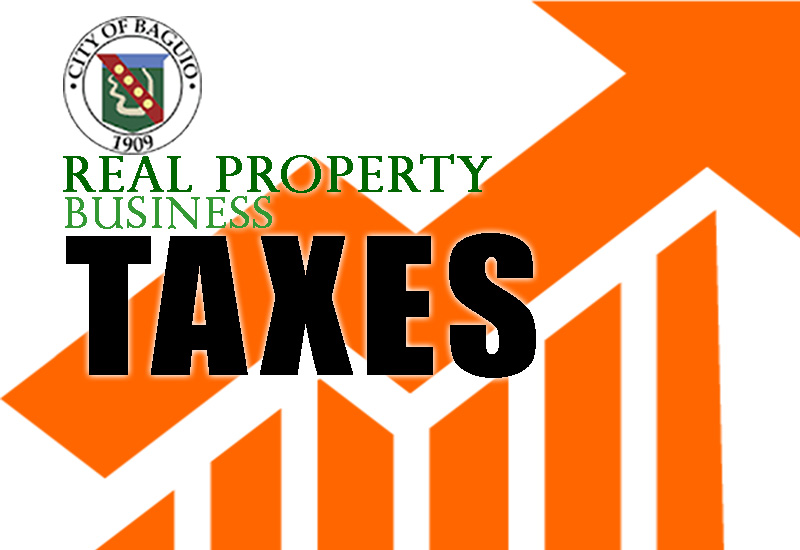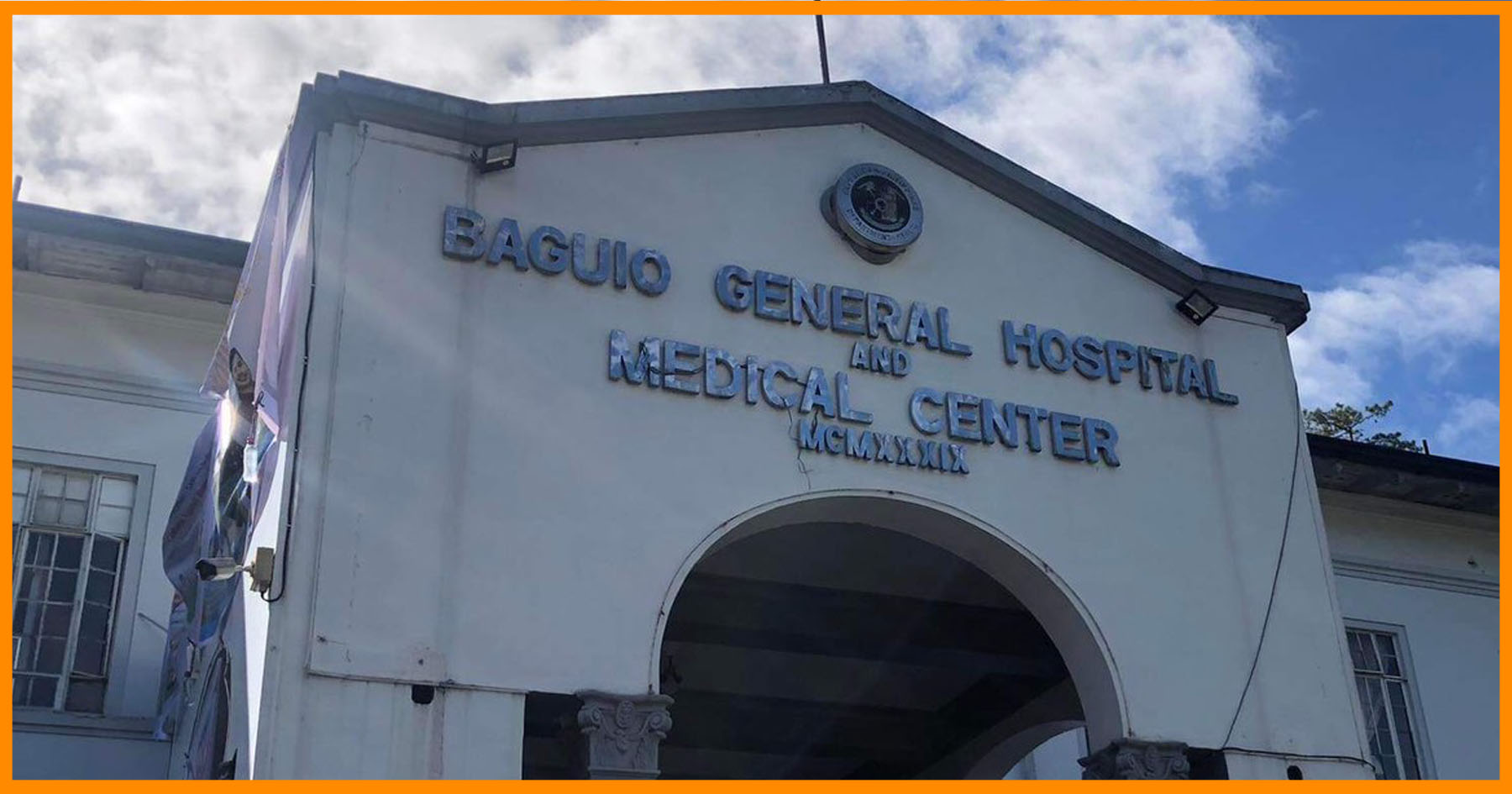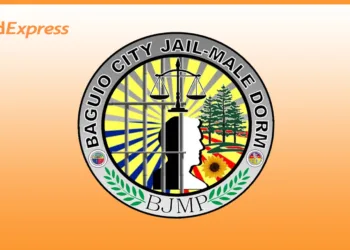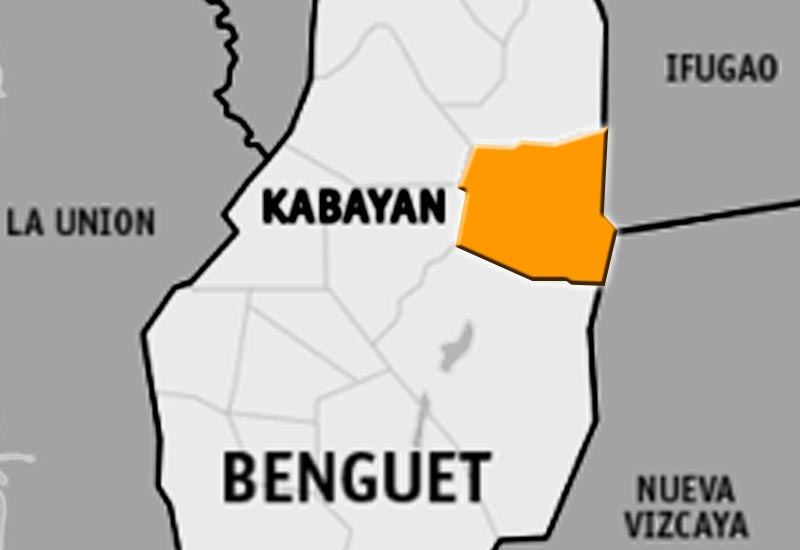BAGUIO CITY – The 250-member Hotel and Restaurants Association of Baguio (HRAB) urged the local government to temporarily suspend the implementation of the pertinent provisions of Ordinance No. 16, series of 2020 that prescribed the revised schedule of market values for land in the city because of the heavy impact inflicted by the ongoing Coronavirus Disease 2019 (COVID-19) pandemic to the tourism industry for over a year now.
In a letter transmitted to the members of the local legislative body, the HRAB also urged the august body to enact a new schedule of fair market values that will be compliant with law.
While recognizing that an ordinance enjoys the presumption of validity, the group pointed out that the same is a mere presumption which can be overthrown if it can be shown that such ordinance is invalid, whether on procedural or substantive grounds.
The HRAB argued that on the procedural aspect for an ordinance to be valid, the local legislative body must comply with the requirements set forth by the pertinent provisions of Republic Act (RA) 7160 or the Local Government code of 1991 as well as the applicable issuances of the Department of Finance, particularly the Bureau of Local Government Finance.
According to the group, notably, the local government must undertake the procedure of the conduct of public hearings or consultations prior to the enactment of the ordinance and thereafter, within 10 days after its approval, certified true copies of the tax ordinance shall be published in full for 3 consecutive days in a newspaper of local circulation.
In the aforesaid case, the HRAB pointed out that while public hearings were conducted prior to the enactment of the assailed ordinance, it appears that the objections and the matters raised by the Baguio City taxpayers were not genuinely considered and to their mind as taxpayers and with all due respect to the city officials, there was no meaningful public hearing conducted as their legitimate concerns were not sufficiently addressed by the approved tax ordinance.
On the other hand, the group asserted as to the requirement of publication, although the ordinance was approved on February 18, 2020, the same was published in one of the local newspapers only on June 20, 27 and July 4, 2020 where jurisprudence has hailed that a local government unit must comply with the requirements of the provisions of the Local government code in order for the same to be valid.
‘We submit that the local government of Baguio failed to faithfully comply with the mandate of the law when it decided to publish Ordinance No. 16, series of 2020 only on June to July 2020 several months after its approval. The publication was not also done in full for 3 consecutive days as the publication was done once a week for 3 weeks. Certainly, there is a reason why the law requires that the publication be done in full for 3 consecutive days and not once a week for 3 weeks,” the HRAB letter stated.
The association stipulated that it is also notable that the publication was done at a time when Baguio city was under the general community quarantine (GCQ) status when majority of the residents had restricted movement and to them, the purpose of the requirement of publication was not fulfilled.
Aside from the foregoing arguments, the HRAB claimed that in the enactment of the ordinance, it was observed that the local government apparently failed to comply with certain mandates of the Department of Finance Order No. 10-2010 or the mass appraisal guidebook as well as Bureau of Local Government Finance Local Assessment Regulations No. 1-04 or the manual on real property appraisal and assessment operations.
On the substantive aspect, the group emphasized that pursuant to Section 130 of the Local government code, the exercise of the taxing and other revenue raising powers of local government units should not be unjust, excessive, oppressive or confiscatory, or in restraint of trade.
The HRAB also cited Section 198 of the Code that provides that the appraisal, assessment, levy and collection of real property taxes shall be guided by certain fundamental principles, among which are real property shall be classified for assessment purposes on the basis of its actual use and the appraisal and assessment of real property shall be equitable.
A perusal of the approved tax ordinance by the group showed that the fair market values of the properties in the city allegedly tremendously increased with some properties having an increase of as much as more than 2,000 percent, thus, the same is allegedly in just, excessive, oppressive, confiscatory, and is inequitable and that the same would amount to effectively increasing their tax liability by almost the same rate of more than 2,000 percent.
The HRAB explained that it has been previously held by the Supreme Court that an increase in fair market value by as much as 400 percent is invalid for being unjust, excessive, oppressive or confiscatory and if the same was the ruling when the rate of increase was only 400 percent, then it is all the more invalid of the rate of increase is more than 2,000 percent.
HRAB reiterated that year 2020 was not a kind year to everyone, including the business sector and that local officials were aware that those in the hospitality and tourism industry faced serious businesses reverses that even led to the closure of some establishments and increasing the real property tax at the present time is not just inequitable, but it practically puts undue hardship on their part that will force most of them to suffer heavier losses.
The said matter will be discussed by the city officials during their upcoming executive-legislative meeting on Monday, April 19, 2020 to ascertain the next step that the city will have to undertake on the said matter.
City Secretary Atty. Brenner Bengwayan asserted that the ordinance complied with the publication requirements enshrined in the pertinent laws, rules and regulations that had been put in place relative thereto. By HENT













